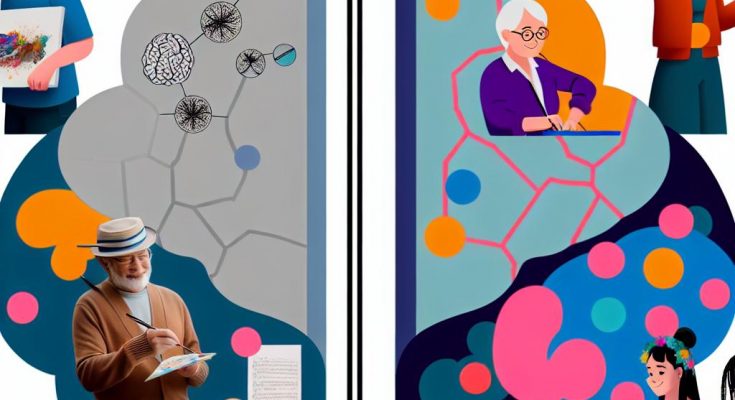Understanding the Connection Between Hobbies and Happiness
Engaging in hobbies can greatly contribute to personal happiness. This connection is supported by various scientific studies that highlight the positive impact of leisure activities on our psychological and physical well-being. By exploring the multiple facets of how hobbies enhance happiness, one can appreciate the significance of incorporating them into daily life.
Psychological Benefits of Hobbies
Hobbies serve as a form of psychological escape from the rigors and stresses of everyday life. When individuals immerse themselves in activities they genuinely enjoy, they often experience flow. This state of flow, introduced by psychologist Mihaly Csikszentmihalyi, refers to a mental state in which people are completely absorbed in an activity. Flow is not only rewarding but also enhances creativity and satisfaction, playing a pivotal role in happiness. It combines focus and dedication, promoting mental well-being while freeing the mind from distractions.
Moreover, engaging in hobbies can significantly improve mood by boosting self-esteem and alleviating symptoms associated with anxiety and depression. Engaging in tasks that are either creative or productive provides a sense of achievement and personal growth, which, in turn, amplifies one’s sense of value. This process instills a greater sense of self-worth and helps individuals perceive themselves as competent and capable.
Social Connections Through Shared Interests
Hobbies often incorporate a social dimension that facilitates connections with like-minded individuals. Participating in team sports, joining a book club, or engaging in online communities centered around shared interests paves the way for forming meaningful relationships. These social interactions are instrumental in enhancing happiness by providing a sense of belonging and reducing feelings of isolation. A shared passion for an activity fosters camaraderie and can lead to supportive networks, crucial for mental health and well-being.
Research by organizations such as the National Institute of Mental Health supports the view that social interactions positively influence mental health. By being part of a community, individuals reinforce their commitment to their hobbies and derive additional joy from the shared experiences.
Physiological Benefits of Hobbies
Hobbies also produce physiological benefits that complement their psychological advantages. Engaging in physical activities like gardening, hiking, or cycling boosts cardiovascular health, sharpens mental acuity, and elevates endorphin levels—known as the body’s natural mood enhancers. Physical hobbies contribute to maintaining overall health and fitness levels, which in turn, supports mental well-being.
Relaxation and Stress Reduction
Hobbies that prioritize relaxation, such as meditation, yoga, or knitting, are effective in reducing stress. These activities initiate relaxation responses within the body, resulting in slower heart rates, reduced blood pressure, and lower cortisol levels. Lowering these physiological markers subsequently reduces the risk of stress-related illnesses. These health benefits are supported by research and health publications that emphasize the importance of stress management for long-term well-being.
Engaging in calming hobbies facilitates a deeper connection with oneself, encouraging mindfulness and increasing resilience to future stress. By promoting relaxation through hobbies, individuals develop healthier coping mechanisms that protect against the negative impact of stress.
Choosing the Right Hobby for Happiness
Selecting the right hobby is key to optimizing the happiness one can derive from leisure activities. It is essential to choose activities that resonate with personal interests and passions. When a hobby aligns with an individual’s natural inclinations, it ceases to feel like an obligation and instead becomes a source of immense joy and satisfaction.
Engagement in a hobby should come from genuine interest rather than external pressures or expectations. This intrinsic motivation ensures a more profound and lasting sense of contentment and fulfillment. Regularly participating in a hobby that truly captivates one’s attention can serve as a reliable refuge from life’s challenges and a wellspring of joy.
Incorporating hobbies into daily routines requires a conscious effort but yields significant long-term rewards. By dedicating time and energy to activities that genuinely interest us, we facilitate personal growth and elevate our quality of life.
In conclusion, hobbies offer a multifaceted approach to enhancing happiness. By providing both psychological and physiological benefits, alongside opportunities for social engagement, hobbies serve as powerful tools for achieving a balanced and fulfilling life. The careful selection and nurturing of hobbies can yield lasting benefits, inspiring individuals to lead more rewarding and happier lives. Pursuing activities that foster personal growth and joy exemplifies the profound connection between hobbies and happiness.





